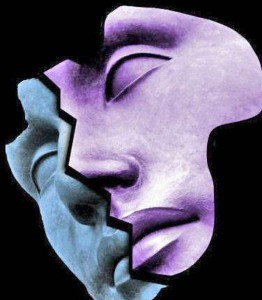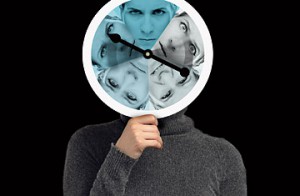When the economy takes a downtown, it doesn’t just affect the large corporations and retirement accounts. It can also make it harder for the average working individual to make ends meet. If an individual is struggling to pay his bills, and is falling behind on expenses, resulting in collection letters or phone calls, financial anxiety can overwhelm him. These individuals can have significant mood and attitude changes and become much more aggressive or reactionary when dealing with friends, coworkers and family. Excessive financial anxiety can lead an individual into a state of depression over his financial situation.
Quick Temper
An unusually quick temper can be a sign of financial anxiety. This can happen when the individual is trying to keep his financial struggles private, and is having trouble dealing with the stress. He will allow things to “set him off” that normally would not bother him.
Checking The Mail Frequently
An individual suffering from financial anxiety may want to avoid having others learn about her financial situation. She will make a significant effort to be the first person at the mailbox after the mail is delivered. She does not want others to see her bills or collection notices arrive in the mail.
Taking Phone Calls in Private
Someone with financial anxiety will try to answer the phone before anyone else and will take the phone call in private, where others cannot hear. He is concerned that others might receive a call from a collection company looking for him, or find out about the collection call by overhearing it. If he cannot get away from others, he might claim the call was a “wrong number” and hang up on them.
Excessive Spending
Sometimes someone with financial anxiety who is usually good at sticking to a budget will start spending out of control. The individual gets into a mindset that he is in so much debt, it doesn’t matter how much money he spends. This can be seen in excessive spending on entertainment and other items that he has been denying himself for an extended period of time.


